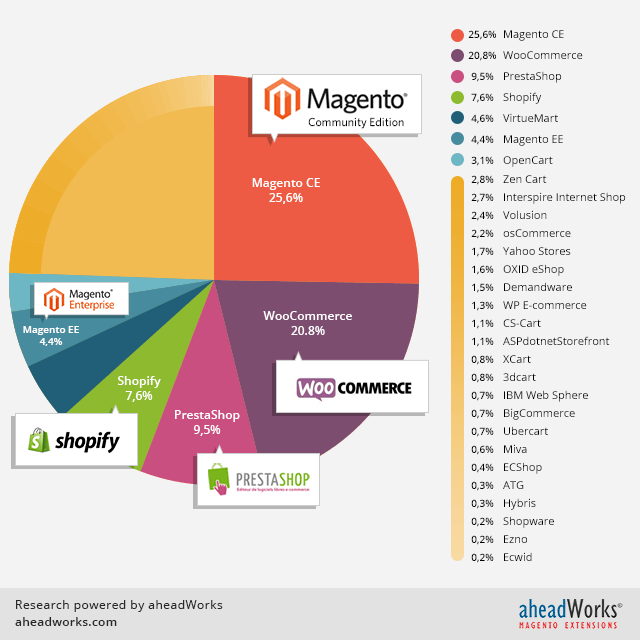Mobile Application Development: Native, Web or Hybrid?
The fact that the world has transformed from desktop computing to mobile computing means one thing: current and future applications will be mobile-based. The proliferation of mobile devices in recent times, driven mainly by growing consumer adoption of smartphones and tablets has made organizations find ways of leveraging their businesses using mobile applications.
Amidst these developments, a raging debate has been ignited on whether companies should use native, or web-based or hybrid applications. Whether these organizations would like to use the mobile applications to market their products, or push the mobile apps as their products for sale, one fact remains elusive: it’s difficult to choose whether to adopt native, the web or hybrid applications.

